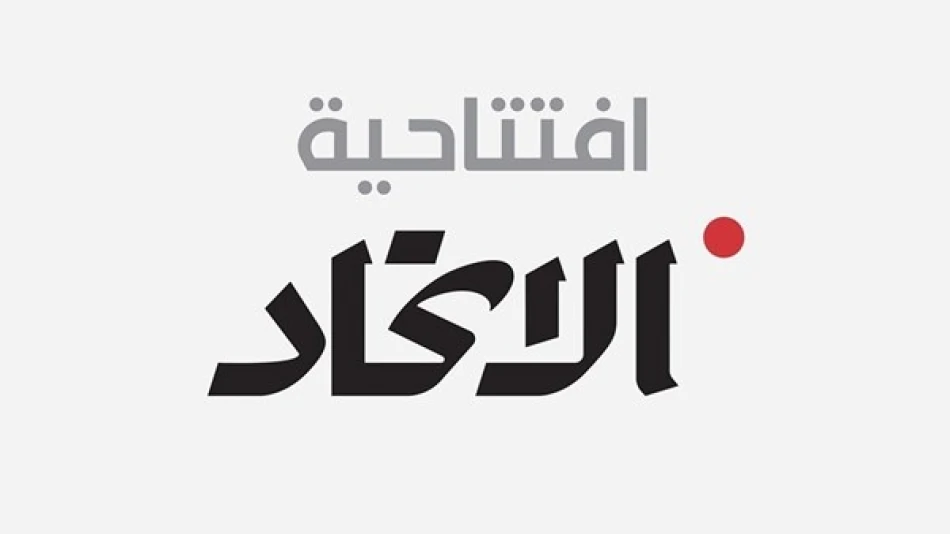
Emotional Mastery: Unlocking the Power of Self-Control
UAE Challenges Israel's Regional Strategy as Gulf Security Concerns Mount
The United Arab Emirates has issued a sharp rebuke of Israeli actions in the region, declaring that any aggression against Qatar represents a direct threat to Gulf Cooperation Council security architecture. The statement signals growing Gulf concern over Israel's expanding military footprint and its potential to destabilize the broader Middle East, even as the UAE maintains normalized diplomatic relations with Israel through the Abraham Accords.
Gulf Unity Takes Precedence Over Abraham Accords Diplomacy
The UAE's position reflects a delicate balancing act between its 2020 normalization agreement with Israel and its commitment to Gulf solidarity. By explicitly linking Qatar's security to regional stability, the Emirates is drawing red lines that suggest the Abraham Accords have limits when it comes to core Gulf interests.
This stance marks a notable evolution from the UAE's earlier enthusiasm for Israeli partnerships. The country appears increasingly concerned that Israeli military actions could spiral into broader regional conflict, potentially threatening the economic diversification and stability that form the cornerstone of Emirati development strategy.
Economic Stakes Drive Security Calculations
The UAE's position likely reflects concerns about protecting its massive infrastructure investments and positioning as a global business hub. Regional instability could undermine Dubai's role as a financial center and jeopardize the billions invested in tourism, logistics, and technology sectors. The Emirates has consistently prioritized stability over ideological positions, and this statement follows that pragmatic approach.
Two-State Solution as Regional Stability Framework
The UAE's renewed emphasis on a Palestinian state based on the two-state solution represents a significant diplomatic signal. Unlike previous Gulf statements that often remained vague on Palestinian statehood, this declaration explicitly links Palestinian rights to regional security architecture.
This position aligns the UAE more closely with European and moderate Arab positions, potentially creating space for broader international consensus. The timing suggests Emirati leadership believes current Israeli policies are counterproductive to long-term regional integration.
Departure from Abraham Accords Optimism
The statement's language about "reckless hostile actions" and "continuous threats" represents a marked departure from the optimistic rhetoric that accompanied the Abraham Accords. The UAE appears to be signaling that normalization was predicated on Israeli restraint and regional de-escalation, conditions that Emirati leaders may feel are no longer being met.
Strategic Implications for Regional Architecture
The UAE's position could influence other Abraham Accords signatories, particularly Bahrain, which has historically followed Emirati foreign policy leads. If Gulf states begin coordinating positions that constrain Israeli actions, it could reshape the regional balance that has emerged since 2020.
For investors and businesses operating in the region, the statement suggests that Gulf-Israeli economic integration may face political headwinds. Companies betting on seamless regional connectivity may need to account for periodic diplomatic tensions that could affect trade and investment flows.
The emphasis on international law and state sovereignty also positions the UAE within a broader coalition of middle powers seeking to constrain unilateral military actions, potentially strengthening ties with countries like Singapore, Switzerland, and other nations that prioritize stability over ideological alignment.
Most Viewed News

 Layla Al Mansoori
Layla Al Mansoori






